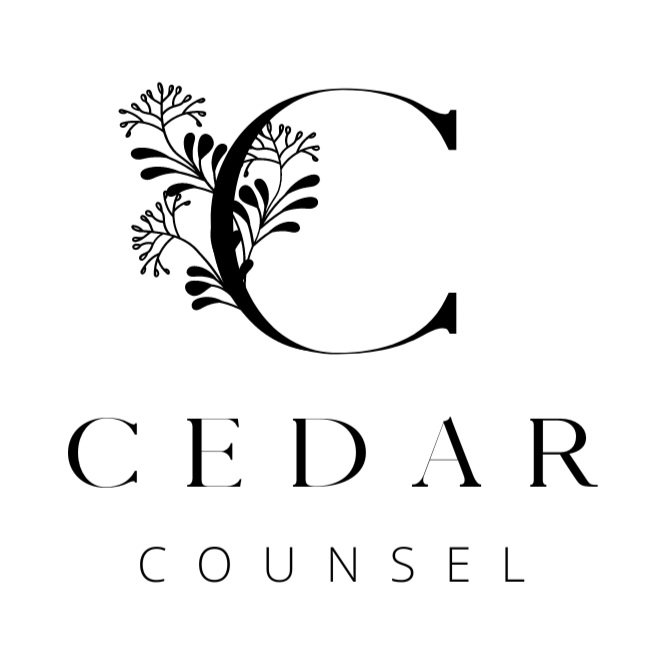The Future of Estate Taxes: What You Need to Know to Protect the People You Love
Have you spent your life building something meaningful—your business, your home, your investments—only to worry that a big chunk of it might be lost to taxes before it ever reaches the people you love? If so, you're not alone. That’s a common concern when it comes to the federal estate tax—often referred to as the “death tax.”
Now, there’s a new proposal in Congress—the Death Tax Repeal Act of 2025—that could change everything about how wealth is passed from one generation to the next. But what does this really mean for you and your loved ones?
Let’s break it down together.
The Estate Tax: A Century-Old Rule on the Chopping Block
Estate taxes have been around in the U.S. for more than 100 years—and they’ve always stirred up a bit of controversy. Currently, the federal estate tax only applies to estates worth more than $13.99 million per person (or about $27.98 million for a married couple), but those thresholds are set to drop significantly in 2026 unless Congress intervenes.
Enter the Death Tax Repeal Act of 2025 (DTRA)—a proposal to eliminate this tax entirely, which supporters argue would remove what they see as unfair double taxation. After all, these assets were typically built with income that was already taxed once during the owner’s lifetime. Why, they ask, should it be taxed again simply because of death?
But like most things in life (and law), it’s not that simple.
The Pros and Cons: What’s at Stake?
Except for a single year in 2010 when there was no estate tax at all, the federal estate tax has ranged widely—from 10% when it was first introduced in 1916 to as high as 77% between 1941 and 1976. Today, the estate tax rate is 40% on assets over $13.99 million per person.
For families who own businesses, land, or other valuable but hard-to-sell assets, the current estate tax can create a real challenge. In some cases, heirs are forced to sell part of the business or property—or take out large loans—just to pay the tax bill. That can make it difficult to keep a family business or farm intact across generations.
Supporters of repealing the estate tax argue that eliminating it could relieve that burden. But critics raise important concerns. The estate tax brings in billions that help fund schools, roads, and programs that support working families. If that money disappears, it may need to be made up elsewhere—potentially through taxes that hit middle-income households more directly. Others worry that repealing the estate tax could further widen the wealth gap, allowing ultra-rich families to pass along vast fortunes with little oversight.
There’s no one-size-fits-all answer here. The real question is: What matters most to you and your family’s legacy?
If the Repeal Passes, What Would It Mean for Your Plan?
Here’s where things get practical. If the DTRA passes, it could radically shift how we approach estate planning:
Simplified Planning for Larger Estates:
If you’ve been navigating complicated strategies (think: irrevocable trusts, family partnerships, or fancy insurance plans) just to minimize estate taxes, some of those may no longer be necessary.
Refocus on Income Tax Planning:
Without an estate tax, the spotlight shifts to minimizing income and capital gains taxes for your heirs. Think: cost basis, step-up rules, and timing asset transfers wisely.
More Freedom with Charitable Giving:
Right now, many people make charitable gifts partly for tax reasons. With estate tax incentives off the table, giving might become even more personal and values-driven—guided by legacy rather than law.
Whether your estate is $5 million or $50 million, these shifts could change the tools and strategies you use—but the goal remains the same: protecting the people and values that matter most.
Planning in an Unpredictable World
Let’s be honest—tax laws are notoriously unpredictable. Bills can change dramatically during the legislative process, and what passes may look very different from what was initially proposed.
That’s why a strong estate plan shouldn’t rely on tax laws alone. It should flex and evolve as your family, assets, and the law change. Given this uncertainty, how should you approach your estate planning? Here are some practical steps we can take together:
Review your existing plan so we can spot potential risks or opportunities.
Run through “what if” scenarios so your plan can adapt to multiple possible outcomes.
Clarify your legacy goals—beyond money. What lessons, values, or memories do you want to pass on?
Start conversations with your loved ones to prepare them emotionally and practically.
That’s the heart of what I do. This isn’t a one-and-done set of documents. It’s an ongoing relationship built to help you stay ahead of change and ensure your plan actually works when your family needs it most.
Let’s Talk About What Matters Most to You
If you’re wondering how these proposed changes could affect you—or if your estate might exceed the coming exemption limits—it’s time to start the conversation. Even if your estate is below those thresholds, the ripple effects on your planning strategy could be significant.
You’ve built something beautiful. Let’s make sure it lasts. Click here to schedule your complimentary consultation.
This article is a service of Cedar Counsel. We don’t just draft documents; we ensure you make informed and empowered decisions about life and death, for yourself and the people you love.
